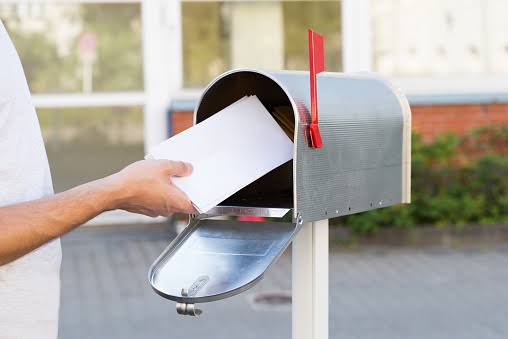When it comes to purchasing alcohol, regulations and requirements vary depending on local laws and jurisdictions. One common aspect of alcohol purchasing is the requirement to show identification to prove one’s age. However, the necessity of showing ID when buying alcohol is not universal and is subject to various factors. In this overview, we will delve into the reasons behind ID requirements, the legal framework, exceptions, and potential implications.
The Legal Basis for ID Requirements
The requirement to show ID when purchasing alcohol is primarily based on laws and regulations established at the local or national level. Most countries have established a legal drinking age, which is the minimum age at which an individual can purchase and consume alcohol. These laws are designed to prevent underage drinking and its associated risks, such as accidents, health issues, and social problems.
Does Everyone Have to Show ID When Buying Alcohol?
Generally, individuals are required to show identification when purchasing alcohol, especially if they appear to be under a certain age. This is to ensure that they are of legal drinking age and comply with local laws and regulations. The specific ID requirements can vary based on the jurisdiction and local laws.
Typically, a government-issued identification card, driver’s license, or passport is used to verify the buyer’s age. The exact age for legal alcohol purchase varies around the world, but it’s usually around 18 to 21 years old.
However, there are exceptions. In some countries, particularly those with lower drinking ages, ID checks might not be as strict. In other situations, such as at private events or establishments where only adults are allowed, ID checks might not be necessary.
Reasons for ID Requirements
1. Preventing Underage Drinking:
One of the primary reasons for requiring ID when purchasing alcohol is to prevent underage drinking. Adolescents and young adults are more susceptible to the negative consequences of alcohol consumption due to their developing brains and limited life experiences. By verifying the age of buyers, authorities aim to reduce the likelihood of minors obtaining alcohol.
2. Liability and Responsibility:
Businesses that sell alcohol are legally responsible for ensuring that they do not serve minors or sell alcohol to individuals who are intoxicated. Asking for ID is a way for establishments to demonstrate due diligence and minimize their liability in case they unknowingly sell alcohol to an underage or intoxicated person.
3. Maintaining Order and Public Safety:
Regulating alcohol sales through ID requirements contributes to maintaining order and public safety. Excessive alcohol consumption can lead to unruly behavior, accidents, and confrontations. By enforcing age verification, authorities aim to create safer environments in public spaces and reduce the risks associated with alcohol-related incidents.
Exceptions to ID Requirements
Legal Exceptions
While ID requirements are the norm in many places, there are exceptions. In some regions, individuals of legal drinking age might not need to show ID every time they purchase alcohol. For example, in locations where the legal drinking age is relatively high, establishments may not be as stringent about checking IDs due to the assumption that most customers are of legal age.
Private Establishments and Policies
Private establishments, such as members-only clubs or certain events, may have their own policies regarding ID requirements. These policies might be more or less strict than the legal requirements, depending on the establishment’s target demographic and their willingness to assume additional responsibility.
While the necessity of showing ID when buying alcohol varies based on legal, cultural, and regional factors, the underlying goal remains the same: preventing underage drinking and promoting public safety. ID requirements play a crucial role in enforcing legal drinking age limits and ensuring that alcohol is sold responsibly.
RELATED:
Cops Lights Behind Me: Here’s What Is Means And What To Do
I Got A Copyright Infringement Notice From ISP: Here’s Is What It Means
Is Accepting A Deferred Prosecution Agreement An Admission Of Guilt?
Can the Supreme Court Overturn a Law Passed by Congress? (A Comprehensive Analysis)
Last updated on: April 24, 2024




